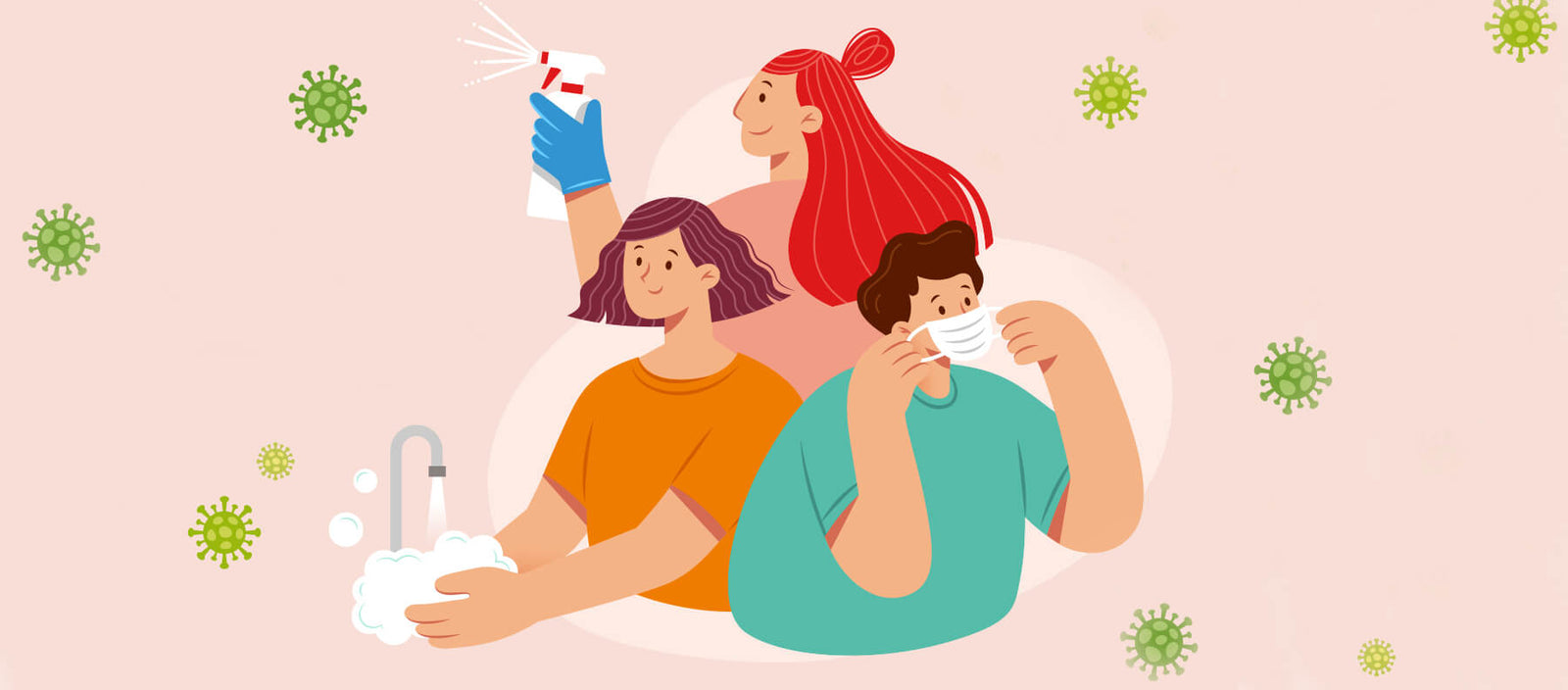Did you know?
‘Hygiene’ word was derived from the name of a greek goddess ‘Hygieia’.
According to Greek mythology, she is the goddess of health, cleanliness and hygiene.
Hygiene has become the top most priority of each and every individual. Also, because of the hygiene related diseases which have come up lately and have impacted our lives to a very large extent.
In a country like India, where the population soars very high, still lacks hygiene and sanitation related facilities. Poor sanitation and hygiene facilities have led to millions of deaths in India. A report by the World Bank claimed that 21% of communicable diseases in the country are due to lack of hygiene practices and proper sanitation.
Absence of hygiene practices makes a person more prone to catching infectious diseases and these diseases can sometimes take a chronic turn as well which can lead to a death.
In schools too, we are taught the importance of hygiene and are guided as well, however, most of the time it is ignored. Washing hands before and after eating and covering our mouth while sneezing or coughing - is something all of us were taught early on.
But how many of us still follow these basic hygiene etiquettes?
OR
Do we really need a pandemic to follow all the basic hygiene etiquettes?
Following the basic hygiene practices would not harm us in any way out. In fact, doing so will only contribute to our overall well being and health. Good hygiene practices can lower down the risks of falling ill, catching diseases, and any other fatal medical condition. It can also improve our psychological, social, and professional life. And if one feels confident, healthy and mentally stable then there are higher chances for the person to achieve more in life.
According to UNICEF’s Nicolas Osbert, If a person spends Re. 1 on sanitation and hygiene, then he can get Rs. 4 in return, as he can save a lot of money on health.
Would you still have second thoughts?
